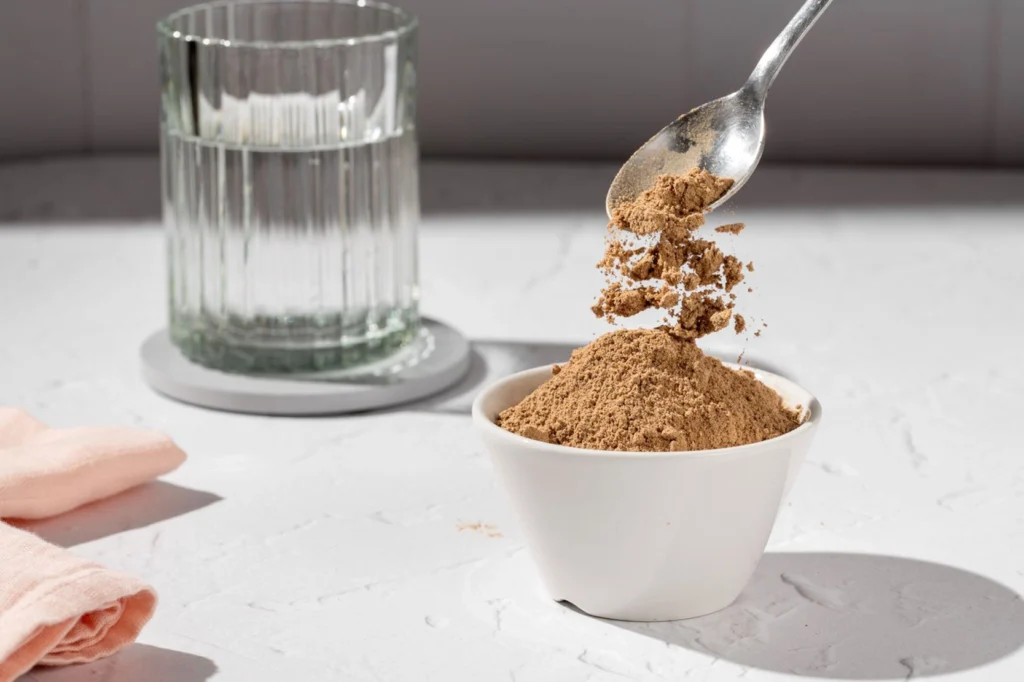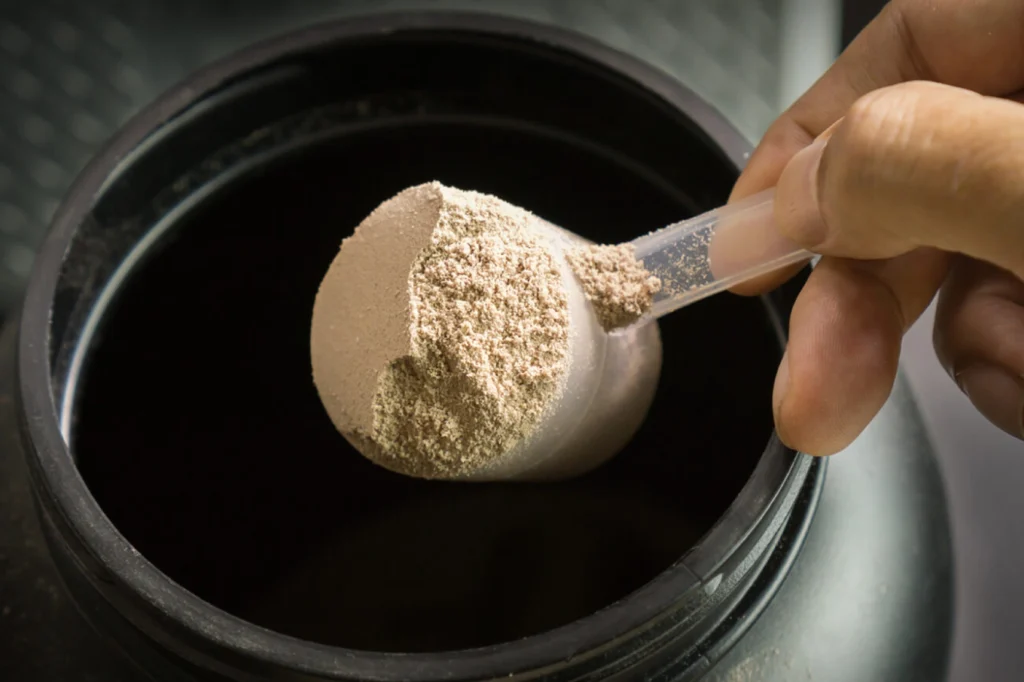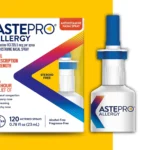Learn why these metals appear in protein powders, how to identify safe brands, and how to reduce your exposure. Discover expert tips to choose third-party tested, clean protein powders that support muscle growth without compromising your health.
Introduction to Protein Powders Contain High Levels of Lead:
Yes, many popular protein powders have been found to contain high levels of lead and other heavy metals often exceeding safe limits when consumed regularly. This issue has raised serious concerns among fitness enthusiasts, health experts, and everyday consumers who rely on protein supplements for muscle growth and recovery.
As someone who’s spent years exploring fitness nutrition, I’ve seen how easily people assume that all protein powders are “healthy.” But in reality, not all supplements are created equal. Recent independent lab tests and reports including studies by organizations like Consumer Reports and The Clean Label Project have shown alarming contamination levels in many top-selling protein powder brands. These contaminants, particularly lead, cadmium, and arsenic, can accumulate in the body over time and pose real health risks.
Because of contaminated soil and poor manufacturing processes, plant-based ingredients can absorb heavy metals like lead.
Why Protein Powders Contain High Levels of Lead:
The surprising truth is that lead doesn’t come from manufacturers deliberately adding it it sneaks in through contaminated soil, water, and raw materials used to make protein powders. Most plant-based powders (like pea, rice, and hemp protein) are especially vulnerable because plants naturally absorb heavy metals from the soil. When these ingredients aren’t properly filtered or tested, the contamination remains in the final product.
Animal-based protein powders (like whey or casein) are not completely safe either, but they generally have lower heavy metal concentrations compared to plant-based versions. The contamination level often depends on farming practices, ingredient sourcing, and manufacturing quality controls. Unfortunately, cheaper brands or those without third-party testing tend to have higher levels of lead and other metals.
Many consumers are shocked when they discover that protein powders contain high levels of lead, even those marketed as “clean,” “organic,” or “natural.” This highlights why it’s essential to look beyond labels and check for independent lab certifications like NSF Certified for Sport or Informed Choice.

Health Risks of Lead in Protein Powders:
Lead is a toxic heavy metal there is no safe level of exposure. Even small amounts consumed over time can accumulate in the body, particularly affecting the brain, nervous system, and kidneys. The health effects can be worse in children, pregnant women, and athletes who consume protein shakes daily.
Since protein powders contain high levels of lead in some cases, regular users may unknowingly exceed safe exposure limits, especially if they drink multiple shakes per day. What’s even more concerning is that the FDA does not strictly regulate supplements, so contaminated products can stay on the market for years before being addressed.
Long-term lead exposure can lead to:
- Fatigue, headaches, and joint pain
- Digestive issues and poor nutrient absorption
- Impaired focus, memory loss, or mood swings
- Increased risk of cardiovascular and kidney diseases
How to Choose Safe Protein Powders:
Here’s the good news: not all protein powders are unsafe. You can still enjoy your post-workout shake you just need to be selective. If you see a report showing that protein powders contain high levels of lead, don’t panic switch to a trusted brand with proven safety records. Whey isolates and certain organic pea protein brands with verified clean sourcing are safer alternatives. Also, alternating between whole-food protein sources (like eggs, lentils, and Greek yogurt) can reduce your reliance on powders altogether.
- Third-party testing (look for NSF, USP, or Informed Choice logos)
- Transparent ingredient sourcing and country of origin
- Minimal additives and no artificial sweeteners or colors
- Batch test reports (some brands publish their lab results online)
What to Do if You’ve Been Using Contaminated Protein Powders:
If you suspect that your protein powder might be contaminated with lead, stop using it immediately and check if the brand has been recalled or flagged by health authorities. Drinking plenty of water, eating foods rich in vitamin C and iron, and consulting a healthcare professional for a blood test can help reduce potential risks.
You don’t need to fear protein supplements but you do need to be informed. Understanding that protein powders contain high levels of lead in some cases helps you make safer, smarter choices. Always remember: the cleaner the sourcing and testing, the safer your nutrition routine.
FAQ
Most frequent questions and answers
Because of contaminated soil and poor manufacturing processes, plant-based ingredients can absorb heavy metals like lead.
Yes, studies show that plant-based protein powders tend to contain higher levels of lead and other heavy metals compared to whey-based powders.
Look for third-party testing seals like NSF Certified for Sport or Informed Choice, and review independent lab test results online.
Conclusion:
Always choose third-party tested brands that publish transparent lab results and source ingredients responsibly. In conclusion, while Protein Powders Contain High Levels of Lead in many cases, being informed and cautious can protect your health. Avoid relying solely on supplements balance your diet with whole-food protein sources. By understanding where contamination comes from and choosing wisely, you can still enjoy the benefits of protein shakes without risking exposure to toxic heavy metals like lead, cadmium, or arsenic.








